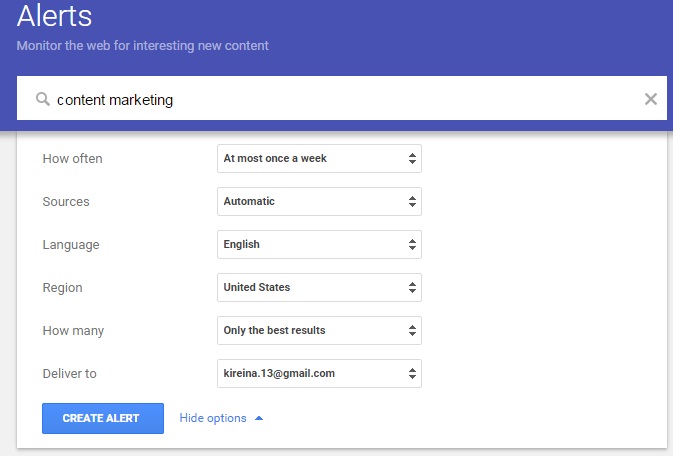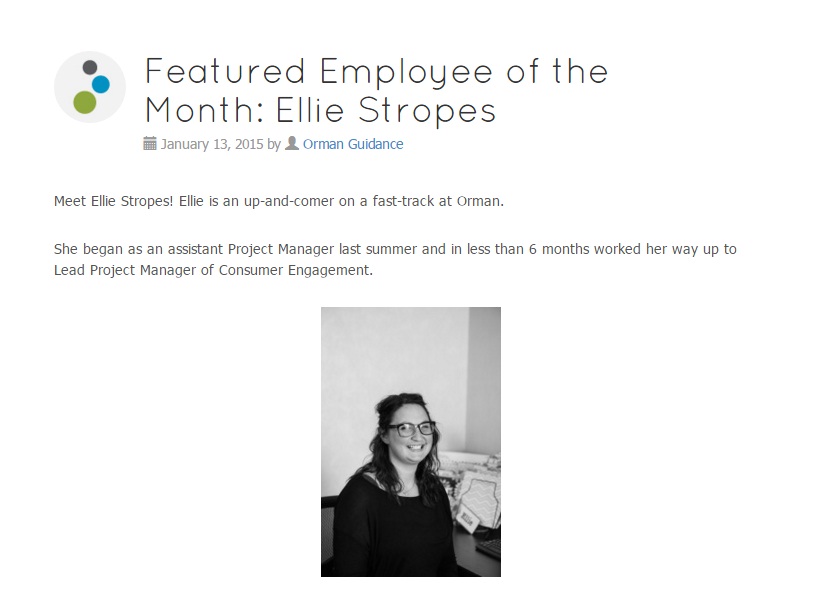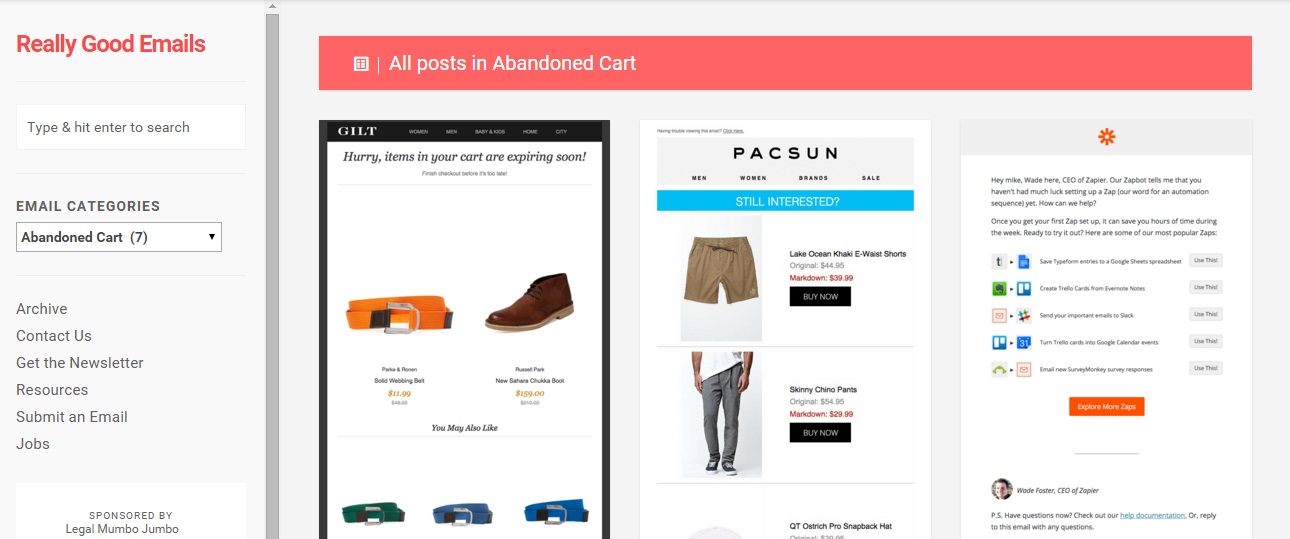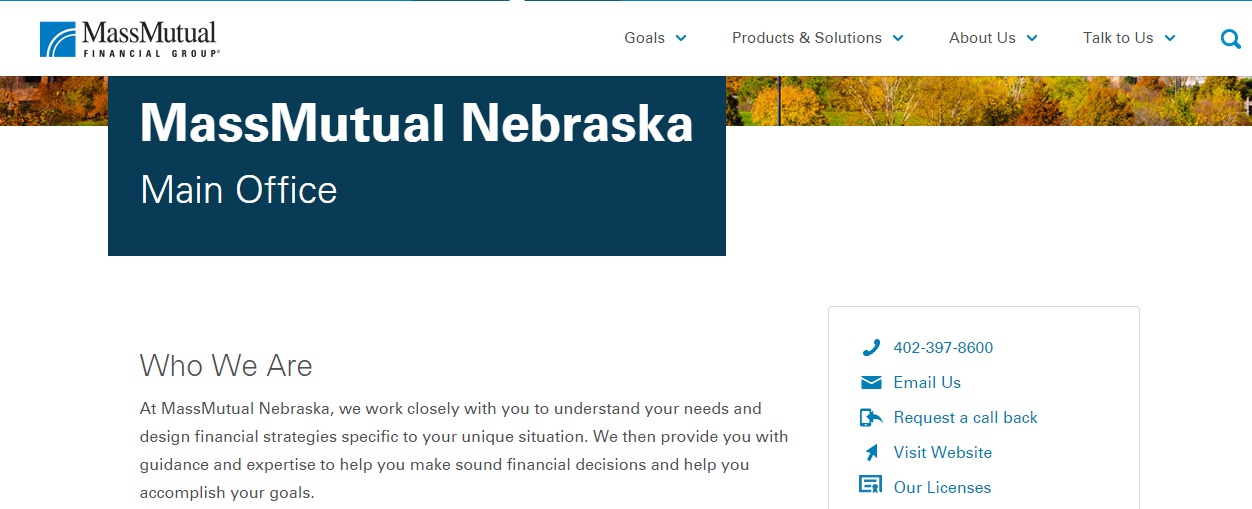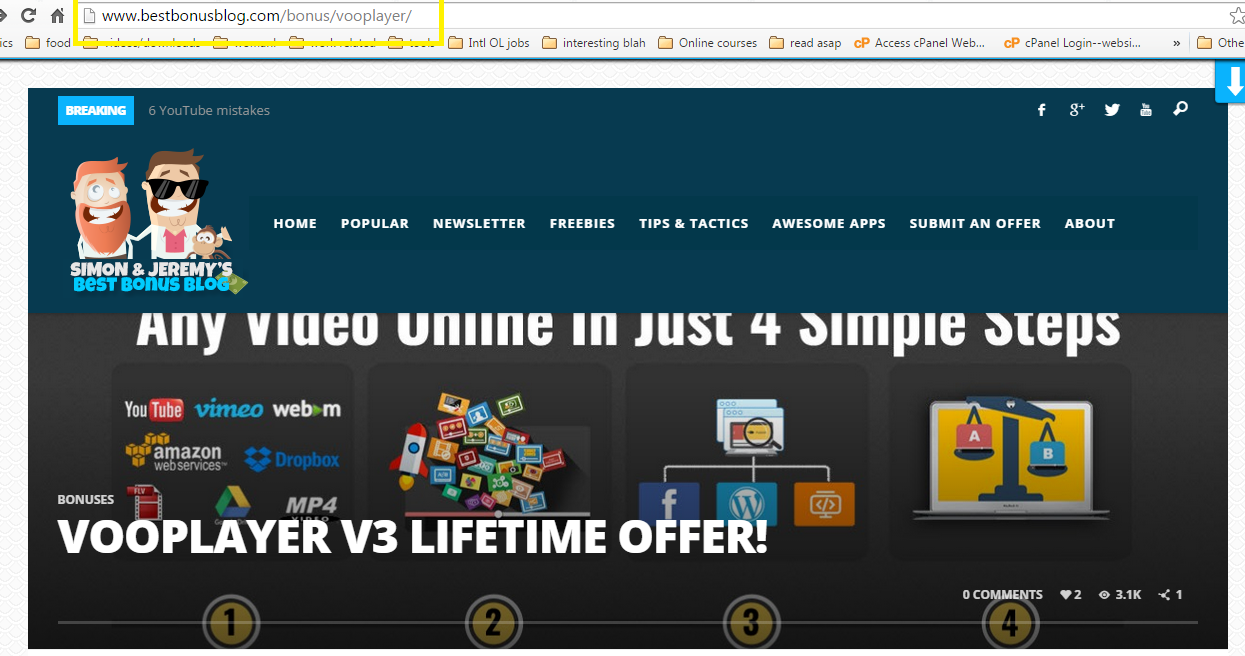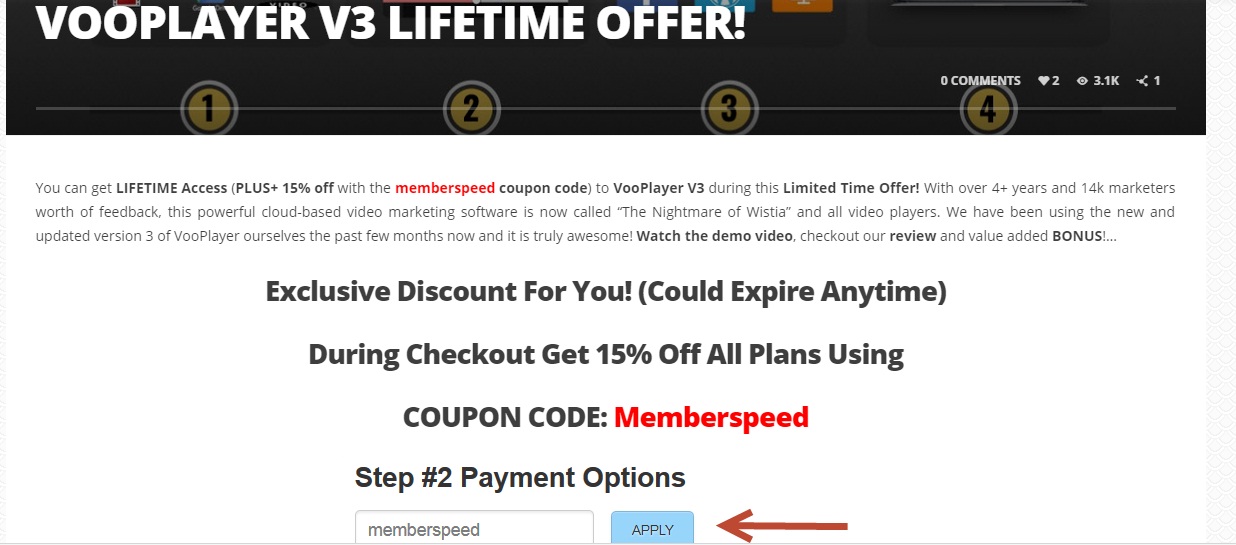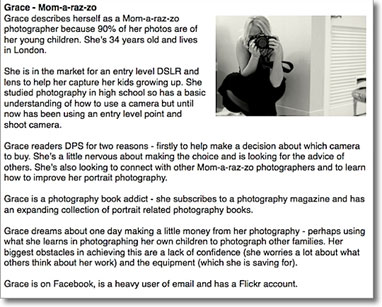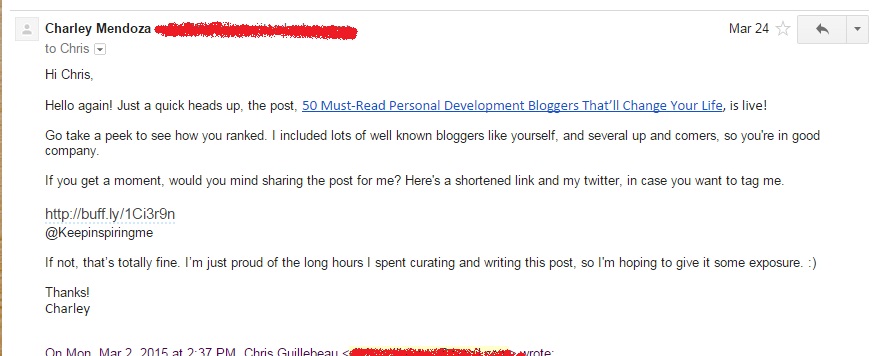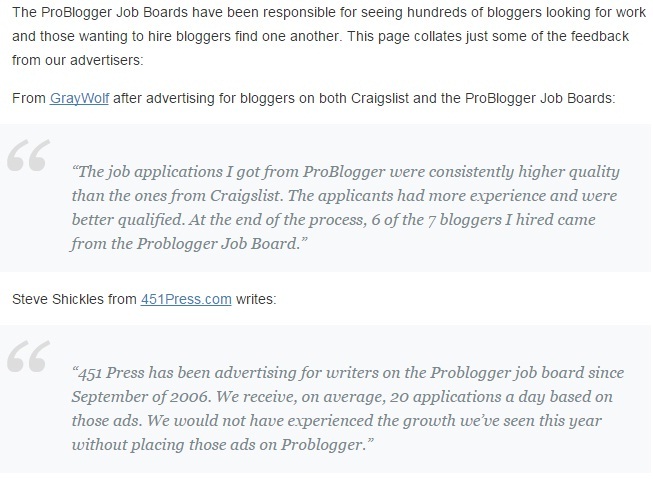 Do you have a business, book, product, or service that you want to promote?
Do you have a business, book, product, or service that you want to promote?
How does appearing on a popular podcast sound? It’s certainly easier than learning how to start a podcast of your own.
With more than 50 million Americans tuning in to different podcasts daily, I bet being a podcast guest is starting to sound good to you.
It’s not just for building a following. SEO-wise, getting a link from a podcast’s website can boost your rankings in Google.
But how can you become a guest on a podcast if you don’t have a PR team to do it for you?
It takes a bit of work but it’s not impossible. Here’s how:
1. Pick Smaller but Relevant Shows
Shows like NPR, Freakonomics, and Hardcore History probably get a hundred or so pitches daily. Unless you have several guest appearances under your belt, they’re not likely to accept your pitch. Hosts of new(ish) shows who rarely get pitched will think twice about rejecting your proposal.
Another disadvantage is general shows attract people from all walks of life, so only a small part of their audience would be interested in your topic. Listeners of niched podcasts are easier to convert into new email subscribers, or buyers.
2. Create Your Target List
Okay, so you probably agree now that new and niche podcasts are better than the big popular ones, at least as a starting point. The next question is how are you going to find them? These podcasts aren’t likely on the top of your podcast feed.
With a little elbow-grease and Google’s help, you can find up and coming shows that might benefit from your expertise.
You just have to find the right angle. For instance, let’s say you have a travel agency. Who are your target customers?
- Solo travelers: Look for podcasts on solo travel, volunteering abroad, or becoming a nomad. People interested in podcast shows like these tend to travel solo as well.
- Corporate and business travelers: Check out podcasts on management, international sales, expat living, and corporate travel.
- Families and couples who travel: Research podcasts for moms, parenting, and relationships
The more angles you can find, the easier it is to pitch yourself as a podcast guest. Not all of these shows are about travel, of course. So it’s up to you to find a relevant angle—a way to connect travel to what they often talk about on their show. Parenting podcasts, for example, would probably be interested in an episode about kid-friendly holidays, or how to keep kids behaved on the road.
Typing “podcasts about travel” on Google, All Podcasts, or your favorite podcast player also works. From there, just scroll down and look for podcasts with a relatively small audience but interesting episodes.
3. Research them in Detail
Create a spreadsheet with columns for the podcast name, host’s name, topics discussed, number of subscribers, website (if any), Twitter, Facebook, and LinkedIn. Then look up all the podcasts you found on step two and fill in the blanks.
Next, listen to one or two of each podcast’s most popular episode.
Now I know that sounds like a hassle, but this step actually benefits you in three ways:
- You’ll get a feel of the show and see if it’s one you’d be proud to be in.
- What you hear on the podcast gives you material to pitch yourself as a podcast guest.
- Some podcasts interview other podcasts that might be related to their show, so that’s another way to increase your list.
When you listen to the episodes, take note of the following:
- A quote, idea, or advice the host or his/her guest said. This could be a brilliant intro for your email pitch, and a good way to show you did your homework before pitching.
- What their show is about. Each podcast episode follows a specific theme set by the show’s host, so listening to the questions the host asks will give you a sense of what he’s looking for.
4. Come Up with Potential Episode Topics
Researching each podcast might’ve given you a stream of ideas to pitch. Consider the following questions to refine your topic ideas:
- How will this benefit the podcast’s audience?
- Why is this topic relevant now?
- What will you talk about exactly? Create a rough outline that includes the possible questions you’ll answer
- How is your knowledge different from other experts on the same subject?
Include two to three fully-fleshed out ideas to give the show’s host some options. Make sure none of your topics were already covered in a previous episode.
5. Write a Winning Podcast Guest Pitch
Writing an email pitch doesn’t need to be hard. Not if you have a template and you did your research well.
A podcast pitch has several parts, including:
- Email subject line
Your email subject line should make it clear you want to be a guest on the show. Or else the host might mistake you for a listener suggesting an episode topic.
“Podcast Guest Pitch: X Underrated Kid-Friendly Travel Destinations for Christmas + 3 more show ideas”
- Introduction
“Hi (Host Name),
I’m (Your Name), (owner/author/founder) of (Your Business’s Name). I listened to your episode, (Episode Title), and found what you said about (quote/idea from your research) interesting.
I’m writing to you because I’d like to pitch myself as a guest on your show, (Podcast Name). After researching you online and listening to a few episodes, I’m confident I have something relevant to offer your listeners.”
- Topic list
- Sub point 1
- Sub point 2
- Sub point 3
- Sub point 1
- Sub point 2
- Sub point 3
- Sub point 1
- Sub point 2
- Sub point 3
- Sub point 1
- Sub point 2
- Sub point 3”
“Here are X topics that could benefit your audience. If you like, I’d be happy to collaborate with you and customize these topics even further for your listeners.
Topic 1: Title
Topic 2: Title
Topic 3: Title
Topic 4: Title
Don’t worry about rejected topics, as you can pitch them to other podcasts. If no one would accept them after several pitches, you can turn these ideas into blog posts of your own.
- List of media mentions or podcast appearances (if any)
It’s easier to get accepted as a guest if you’ve appeared in other podcasts before. It’s less trouble for the host, as this means you know how it works and you’ll probably be comfortable on record. It also shows you’re credible enough that other podcast owners took a chance on you.
If you have never been on a podcast, you can list media mentions, guest posts on other blogs, books published, or awards won.
Don’t have any of these? That’s okay. You can still get a ‘yes’ with a well-researched pitch.
“I was a guest on several podcasts, including (show name 1), (show name 2), and have also written for different publications like (website 1) and (magazine 2).”
- Special offer to the show’s audience
Special offers come in different formats, like a free e-book, report, worksheet, or discounts to a product or service. This is your chance to grab some of the podcast’s listeners and turn them into readers of your own.
“To thank your listeners for tuning in, I’m giving away a (what you’re offering) at the end of the show.”
- Online statistics
Your follower and email subscriber statistics will show the podcast host that your pitch can also benefit him.
“Of course, I will also promote the episode and your show to all my readers and followers. You can count on me to send a promotional email about the episode, as well as several status updates on social media regarding the show. Here’s a peak at my audience statistics to give you an idea:
- Email subscribers
- Facebook Fans
- Twitter Followers
- LinkedIn Connection
- YouTube Followers”
- Contact information
Don’t forget to include your website, phone or Skype ID, and email address.
- Call to action
A strong call to action will spur the podcast owner to reply.
“Does any of these topics sound like a good fit for your audience? I look forward to speaking with you.”
Like other Marketing Channels
Treat podcasting like you would other marketing strategies, like guest blogging, PR marketing and social media.
It’s a numbers game. The more you pitch yourself as a podcast guest, the more chances you have. But above all, it’s about give and take, podcast owners are looking for authorities in their target niche who can impart valuable information to their audience.

